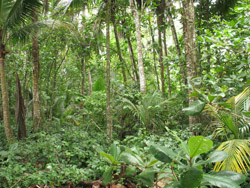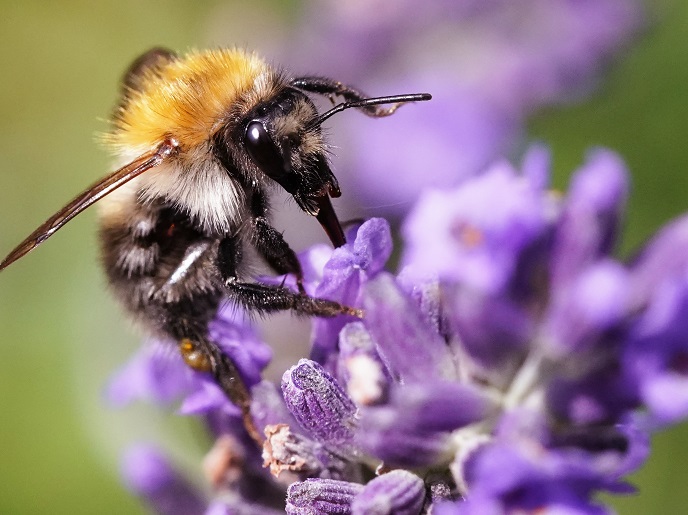Maintaining biodiversity in a tourist paradise
Latin America and the Caribbean (LAC) has been identified as one of the world's biodiversity hotspots. Ironically, within the confines of LAC, Small Island Developing States (SIDS) represent areas where biological diversity is most at risk. Human interests invariably lie at the root cause of loss of our environmental resources. The 'Toward biodiversity conservation, sustainable use and benefit-sharing in Latin America and the Caribbean' (Biolac) project aimed to study the principal reasons for the dramatic decline in diversity, with particular focus on SIDS. Existing global diversity indicators were downsized for application to SIDS and the case study selected was the northeastern coast of Trinidad, a major nesting area of the leatherback turtle. One of the villages, Grande Riviere, is at the centre of a fledgling eco-tourist area in Trinidad and Biolac researchers were able to marry up the role of biodiversity with the eco-tourism industry. Indicators were linked to the ecosystem services they support and ultimately the livelihoods that are dependent on the recreational, cultural and aesthetic aspects of these services. Using panel data techniques on multi-dimensional information, the role of biodiversity in the local economy including the conflicting interests between the two was investigated. Biolac researchers used the millennium ecosystem assessment devised by over 1,000 of the world's leading scientists to determine the relationship between marine turtles, human welfare and ecosystem services. The link between the local community, local visitors and those that used the airport in relation to nature was also a vital feature of the study. With reference to specific challenges met in the Biolac study, future models on the impact of biodiversity loss can be modified. Biolac also produced a toolkit outlining a roadmap for research initiatives in other cases studies in the LAC region.







